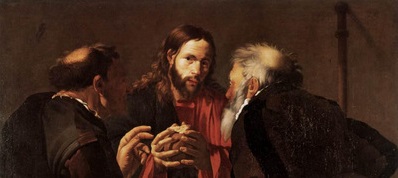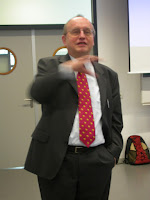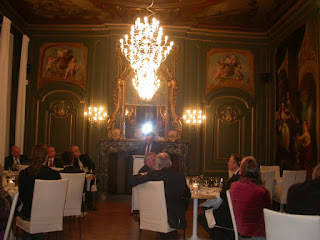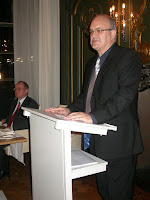I few days ago I searched online for good Christian CV's to help me with a simple and effective format. I was struck by the following bit in N.T. Wright's Web Version CV:
iv) Other early employment
1969 Site labourer, local building site (constructing chemical factory)
1968, May-July Dry chain labourer, Northwood Lumber Camp, Upper Fraser, British Columbia
1968, March-April Freight loading, Canadian Pacific Railway, King St Depot, Toronto
N.T. Wright was a 'Site labourer'; 'Dry chain labourer' and 'Freight' loader?
I have learnt allot from Wright in Durham while I studied there. I agree with him on several issues (i.e. the resurrection of Jesus, Gnosticism, New Creation etc), but I also disagree with him on some aspects of justification. Whatever these theological issues may be, Wright's Web Version CV taught me (and I hope other aspiring Christian Scholars) that what really count, is whether we can be humble enough to include the 'ordinary' things in our CV's. They won't impress the big shots in the academic establishment, but they will possibly show that we are just as comfortable being a 'site labourer' for the Lord, as writing a groundbreaking monograph....



























